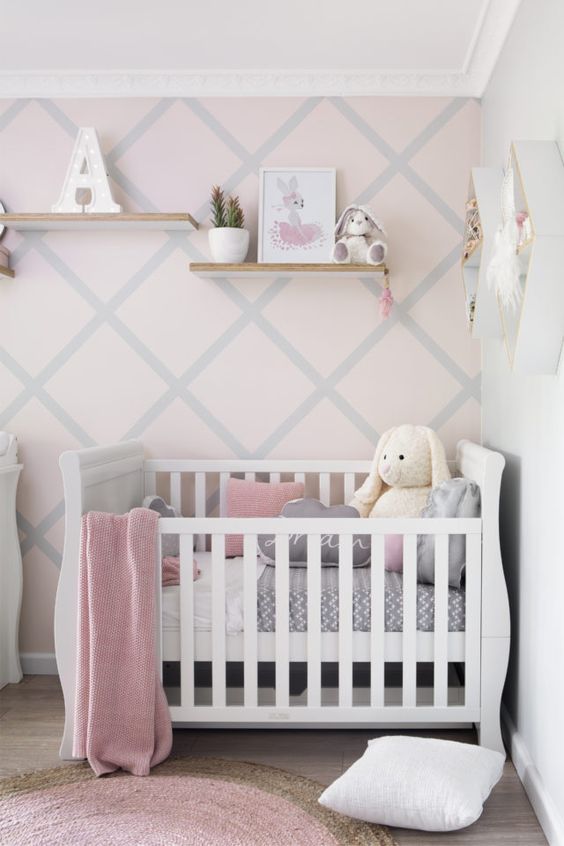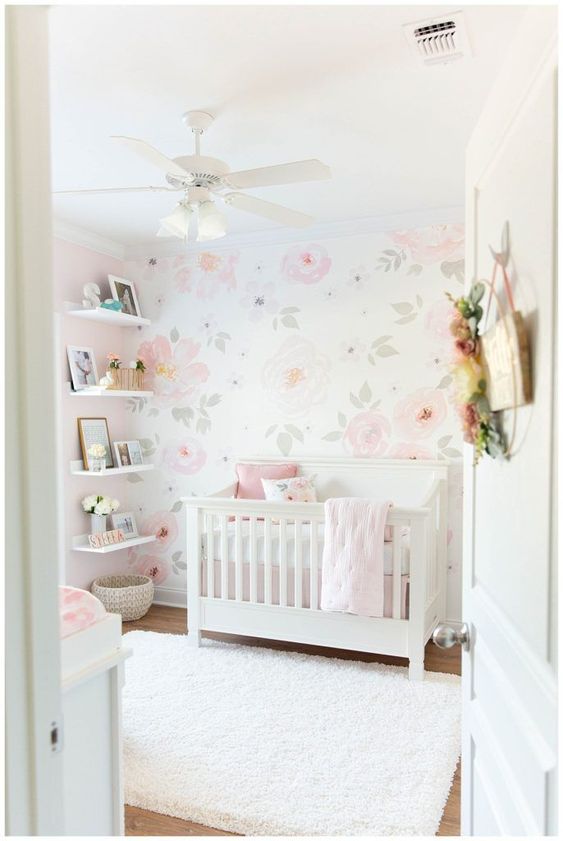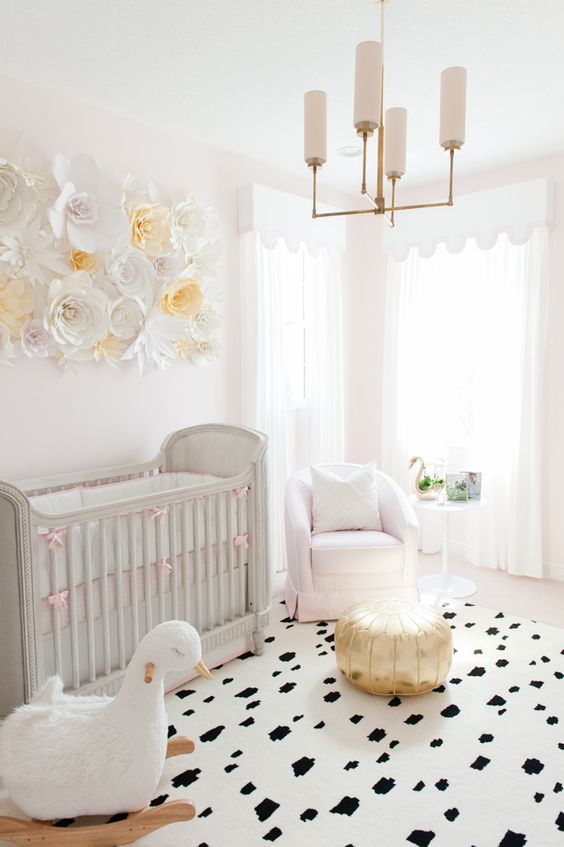
When nurturing our babies’ sleep routines, there is a lot to consider. From when we’re putting them down and how long they sleep for, to bedding and feeds; honing a consistent and fulfilling schedule is certainly difficult. Meanwhile, there are influential factors which most of us aren’t even aware of – including where a cot is placed in a room (yes, you heard us right). According to vast research, this positioning does indeed shape your baby’s sleep and subsequent development… suddenly, the fen shui of your little one’s nursery seems all the more important.
How exactly does the position of your baby’s cot affect their sleep? Where are you best placed leaving their cot? Thankfully, experts are on hand to tell you. Kevin and Suze Patel are the Co-Founders of Nini Baby, a business committed to enhancing babies’ sleep through the authentic Indian tradition of swinging cots. As parents themselves and entrepreneurs within this arena, they’re certainly familiar with the nuances of babies’ sleep and how exactly we can nurture a more effective and rewarding routine. Now, they’re sharing their expertise, answering all of the questions you’re now asking yourself with their top tips and invaluable insights.
1. Firstly, make sure you choose the right cot for your baby.
‘Most parents are surprised to hear that the positioning of a cot affects the quality of babies’ sleep, however most recognise that choosing the right cot for your little one is crucial. Although, this isn’t easy; when it comes to choosing a crib, there are lots of things to consider. For example, you must evaluate a cot’s quality and flexibility. We would suggest finding a cot that can grow with your child and that is able to support your baby’s movement and development, like our NiniPod, which comes with a 6-9-month attachment.
The NiniPod recreates the natural movements your little one felt in the womb, soothing them to sleep much more efficiently. In any instance, make sure you find a cot with premium, breathable materials, a secured mattress cover and easy transportability – as busy parents on the move, this is invaluable!’
2. Don’t place a crib in the corner of your room.

‘According to research, we should all avoid placing cribs in corners of rooms; one study (Braun & Zeiler, 2019) in particular found higher CO2 concentrations in cribs kept in the corner of rooms and as CO2 may be linked to SIDS, this is certainly something we need to avoid. This positioning of a cot, alongside the risks of poor crib ventilation, can lead to CO2 concentrations being around 25% (and in some circumstances up to 60%) higher than the standard average. To ensure you’re keeping your little one safe, if possible, position your cot in a more open, less restricted part of the room with three sides of the cot not being against any walls. This will also make it easier for you to check on your baby without disturbing them which is definitely a bonus.
In any instance, it’s important to remember that you can only do your best! Every family, child and living environment is unique and not everyone will have the space to strategically position their cot. If you can’t avoid placing yours in a corner, don’t worry; by choosing a cot with mesh sides, you’ll improve its ventilation, tackling this issue head-on. Parenting isn’t a ‘one size fits all’ skill; consider your baby’s unique needs and take any small steps you can to create a loving, safe environment – that’s the most important thing.’
3. Avoid windows, radiators and blinds.
‘Avoid placing your baby’s cot directly under a window; whilst this might seem like a good idea, allowing you to introduce natural daylight into the room, it can be quite harsh on your little one’s delicate eyes. Similarly, windows can inspire more significant temperature changes which makes regulating your baby’s temperature more difficult. For this reason, we also wouldn’t recommend placing a cot next to a radiator. As they release excess heat, your baby is likely to become uncomfortable whilst creating an unnecessary fire hazard.
According to https://www.abcblinds.com.au, positioning a crib under a window also brings with it additional risks if you have blinds with strings; this can be distracting for your baby, impacting their sleep whilst being potentially dangerous. The same can be said for hanging bassinets, lighting and mobiles; make sure they’re not in reaching distance or on the cot directly.’
4. Keep your cot away from furniture.

‘An effective arrangement of the furniture in your baby’s nursery will undoubtedly improve their sleep regimen. For example, place a chair next to the cot for you to sit on; you’ll be able to watch over your little one without waking them up. Similarly, keep any other furniture out of your tot’s reach, as they love to climb they’re likely to be easily distracted and possibly pull themselves out – as with anyone, the more we’re able to focus on getting to sleep, the more quickly and deeply we’ll drift off.
Overall, we would recommend creating a ‘sleeping zone’ for your little one which is in an open, unrestricted part of the room, away from other furniture and distractions. Meanwhile, spend plenty of time researching your chosen cot and make sure it fulfils your unique needs; every family is different, as is every baby, and you must simply do what’s right for you.
We would like to emphasise, as mentioned, that not everyone will have the room or resources to carefully curate their baby’s nursery in this way; in lots of cases, it’s simply not practical. If this is the case, don’t worry or feel like you’re not doing enough, the smallest of changes can make all the difference. For example, if you can’t avoid placing a cot under a window, simply put up a safe blind with a short string and keep an eye on your tot, giving them additional coverings if need be. Remember, you know what’s best for your child; trust your instincts and have fun with your little one’s nursery! It’s their sanctuary and these pieces of advice shouldn’t make you worry – our tips are just that, little pieces of advice you can choose to embrace if you feel they’re suited to your baby’s needs.’
